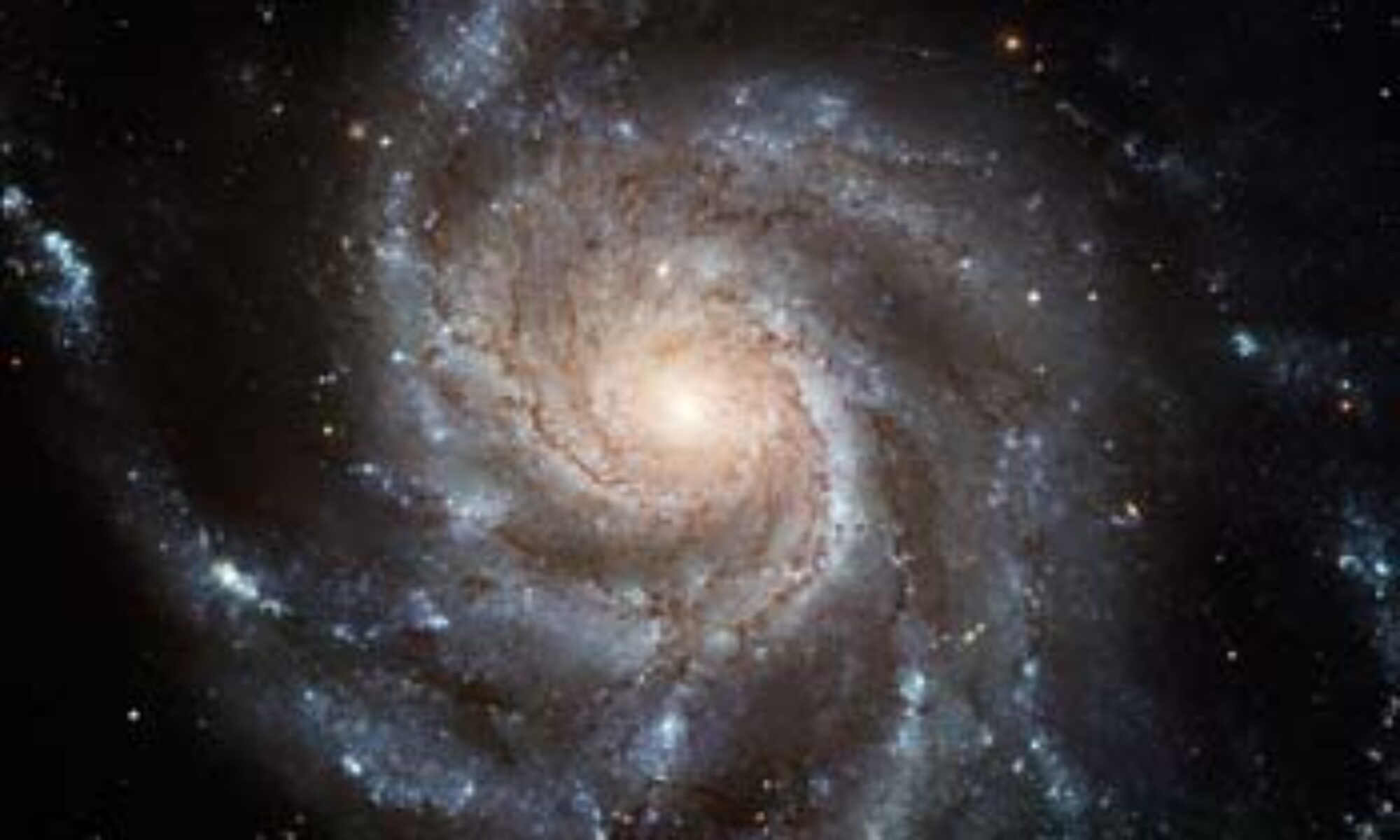One day in one of my InterPlay classes, a fellow student said, “If you ask me, the problem is there are too many people.”
Well, maybe. But which people are the “too many”? Is it the poor of Africa or South America? Their actual population numbers are high, but their carbon footprint on the earth is very small. They are not the ones causing global warming. If left to live life the way they have always lived it, they live more than sustainably.
It’s those of us in the industrial nations who are living way beyond sustainably. We are causing the problem, we are denying the problem, but we are not the ones dying. Drought has been a problem in Northern Africa for a long time. We barely notice except to be surprised when boatloads of people who are trying to escape the drought die on the Mediterranean. We can’t be bothered to see the connection between the rise of groups like the Boko Haram and the exploitation of the natural resources of Africa by the multi-national corporations. Really, Africa is the step-child of the earth. We have allowed terrible destruction of the people and the environment without a blink of the eye.
Now in some parts of India the temperatures have risen to about 120 degrees. Thousands have died. Who are these thousands? The elderly, the homeless, people who work outside. The poor. The innocents.
How do we change this? How do find a way not to feel helpless (and therefore frozen in action) faced with the power of the multi-nationals?
Our approach must be multi-faceted.
- We have politics, of course. We must continue to back progressive candidates, sign petitions, etc.
- We must get out and organize against drilling in the Artic, fracking anywhere, for the rights of human beings being exploited, poisoned, pushed into the oceans, everywhere.
- We must rise up for alternative energy sources.
- We must insist on regulations for multi-national corporations and not allow trade agreements like the TPP that would undermine our ability make these changes.
- And, we must curb our own excesses. We must go off the grid. Stop funding the big corporations by refusing to buy from them.
- Begin with clothes. Let’s stop supporting slave labor in poverty stricken nations. It’s not easy to find the things we need without going to the big box stores, but there are lots of good used clothing stores. Search for fair trade on the internet and you’ll find some surprising things! Email companies that have things you’d like to buy and ask them who makes their clothes, how are they treated?
- Buy locally produced food.
- My husband and I haven’t gone solar yet. We don’t have the money, and suspect our old house doesn’t have the structure for it, but maybe we can cooperate with our neighbors to bring solar to our neighborhood.
And more, and more. How about adding your ideas and “finds” in the comments?
